A couple weeks ago I took a trip to my hometown, which also happens to have inspired the fictional town of Red Hill in She’s Not Home. I didn’t know how I’d feel about this visit. The book is, in many ways, a love letter to a beautiful place, and to the feeling of growing up there. It’s also full of grief and ghosts from the past.
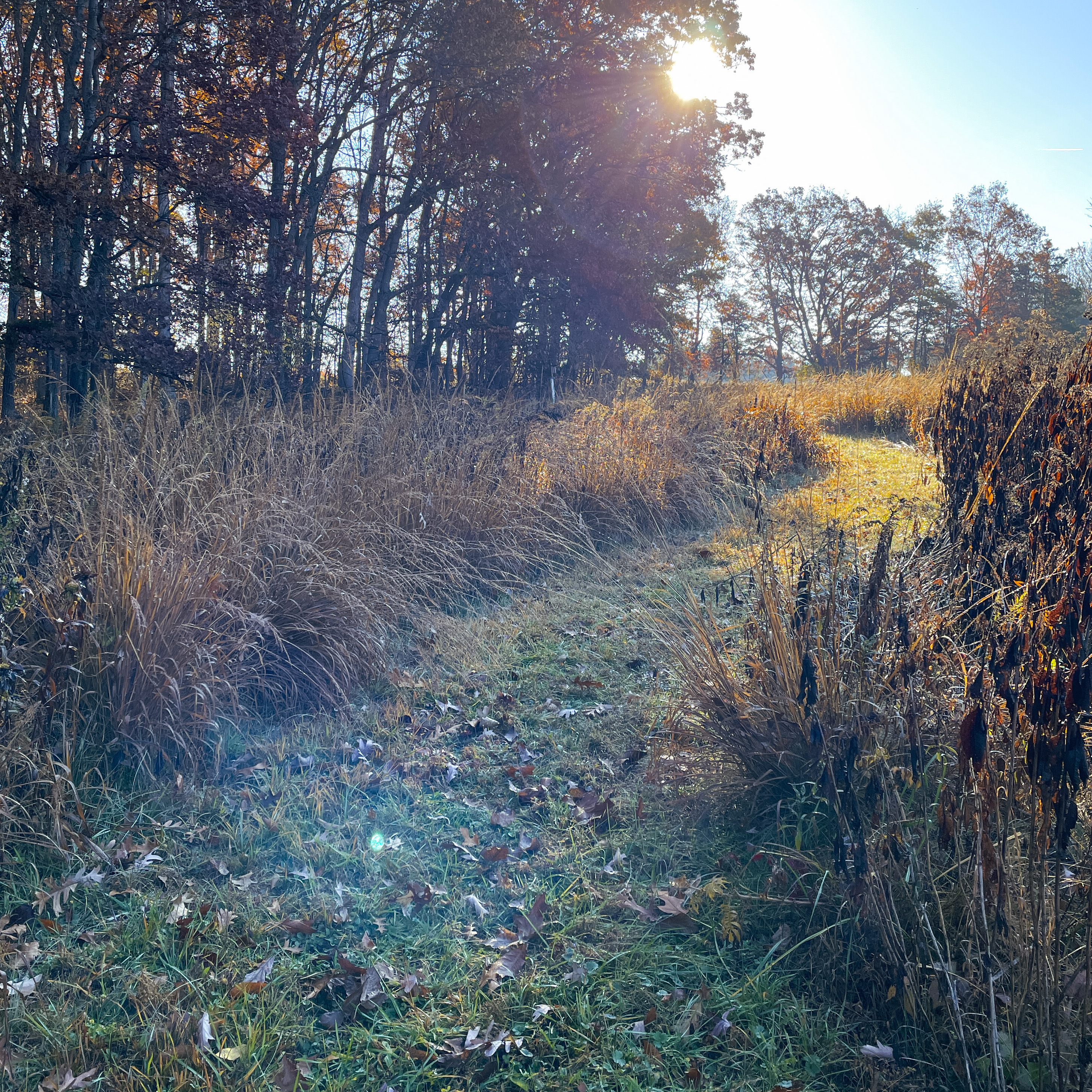
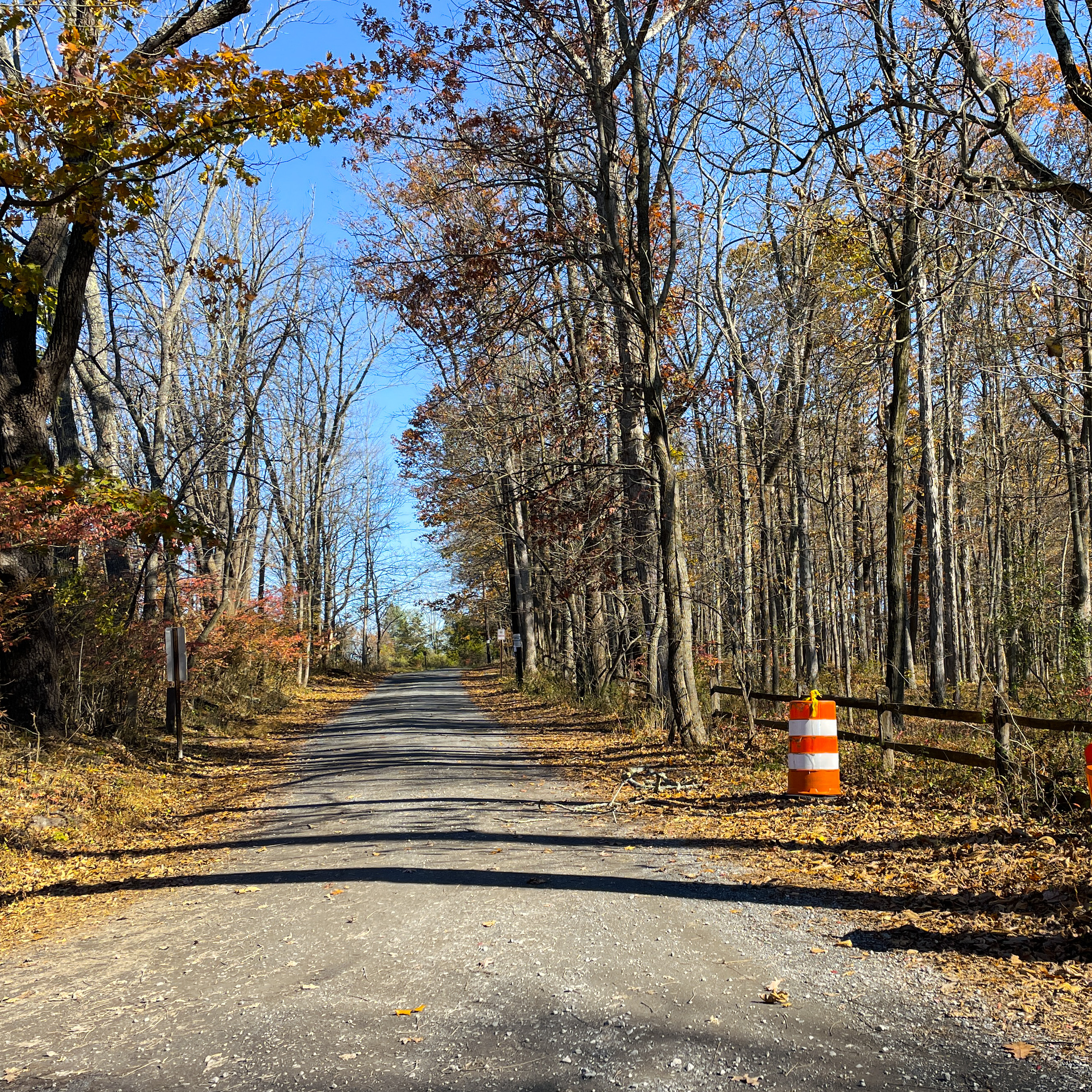
The book, that is. But also the real-life town. While staying in my childhood bedroom I found a journal my sister wrote in third grade. “I love my home,” she wrote, and described the gorgeous view out our front window: two oak trees in the front yard, the field beyond that, Heacock Mountain in the distance. I too feel this love. I feel it as acutely as the heartbreaks I experienced here, the first adult-scale losses.
We came of age in a beautiful place and a dangerous one. She’s Not Home explores this extensively. An offscreen character’s death in a car crash on Homecoming night runs in a deep and steady current through the whole book. Her younger sister, Mariana, finds her own life and identity shaped by this tragedy as her mother, Sheryl, is consumed by grief and fear. Mariana and her friends also get caught up in several other ways small-town teens can break away from their parents, even their friends, and give their lives over to fate.
And yet somehow it still took me unawares, to re-enter this world in person. Walking the trail to the place that inspired the Overlook in the book, I noticed several new memorials to young lives lost there. The county had posted a huge new sign encouraging anyone contemplating suicide to stop and call their hotline. Time had marched on in my absence. So had everything that comes with it.
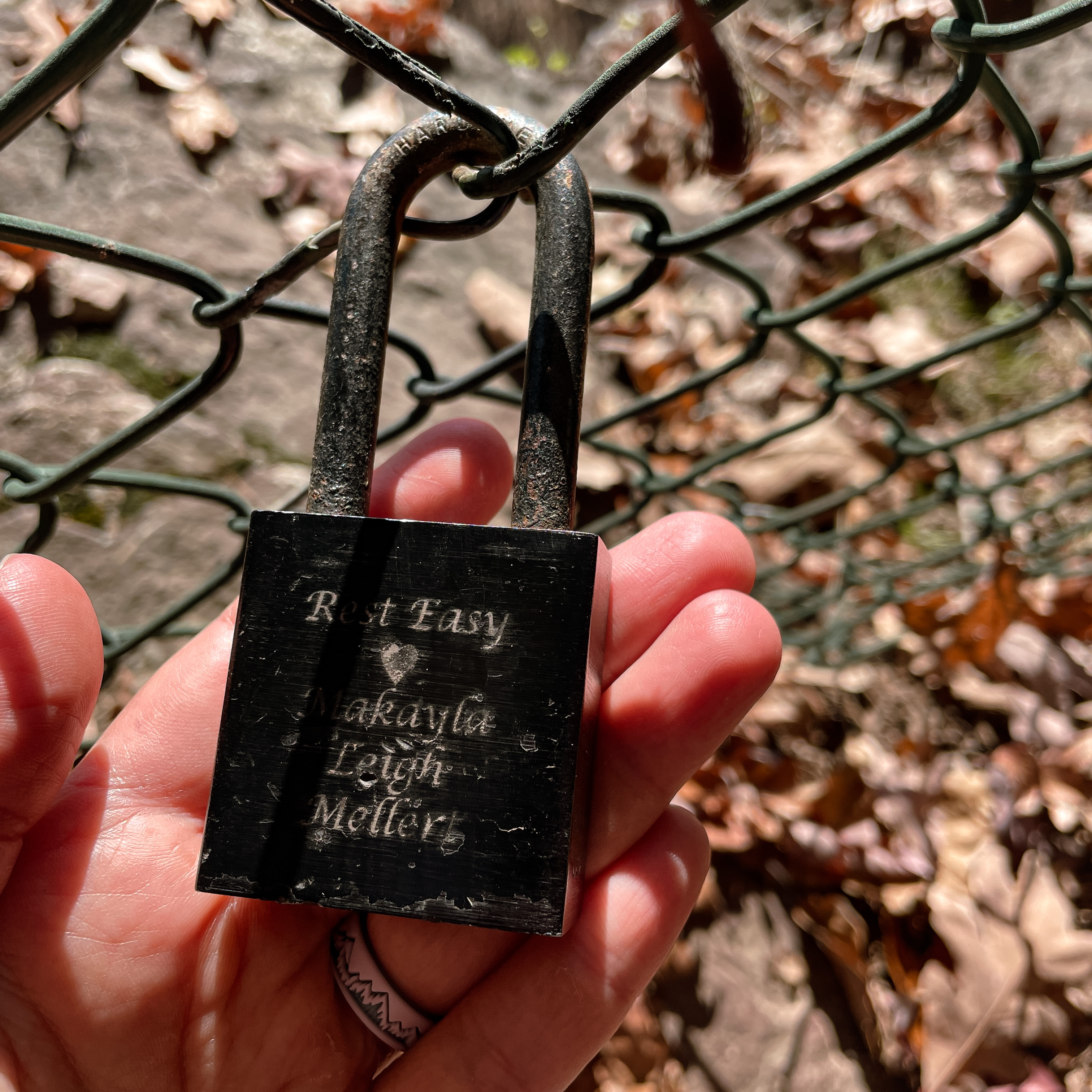
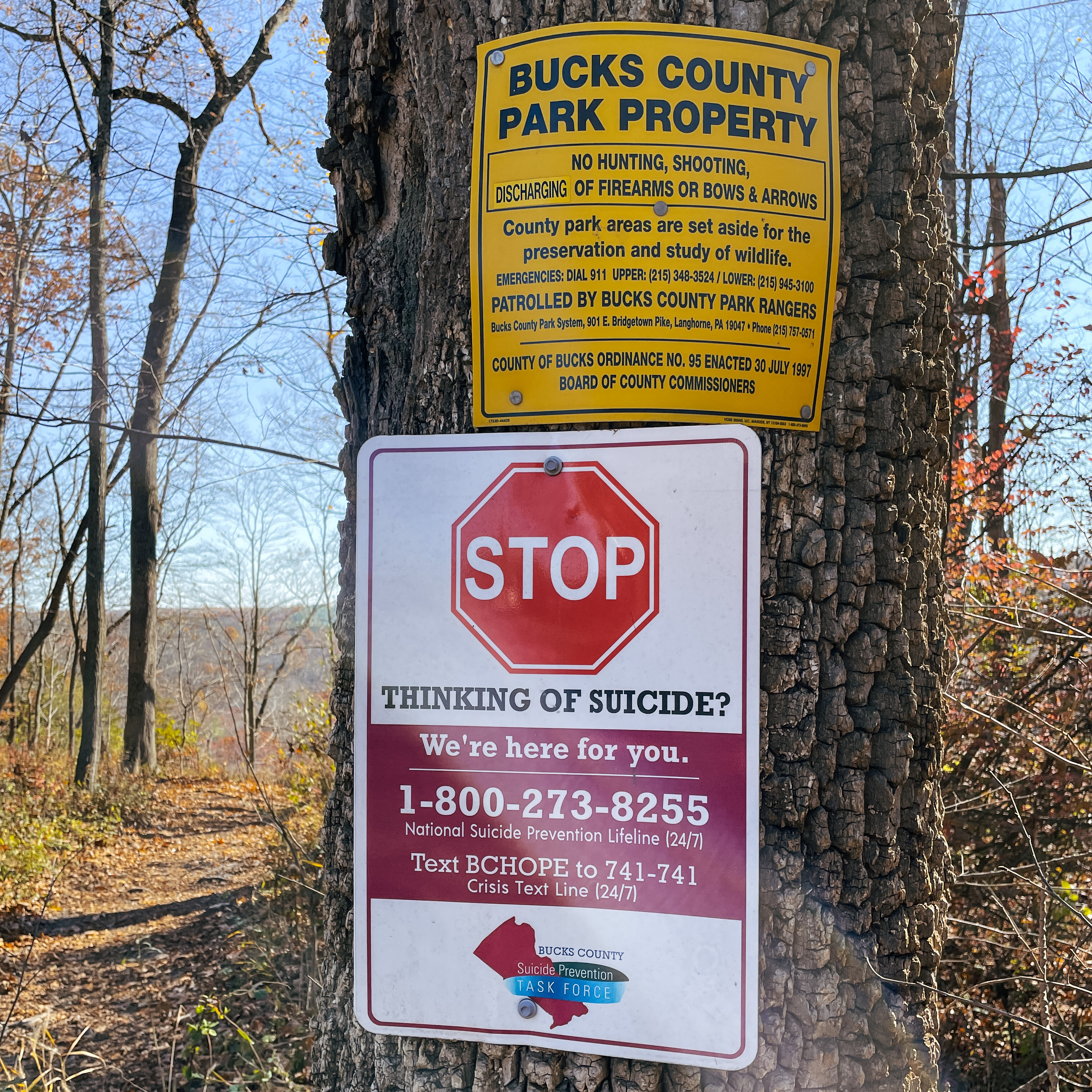
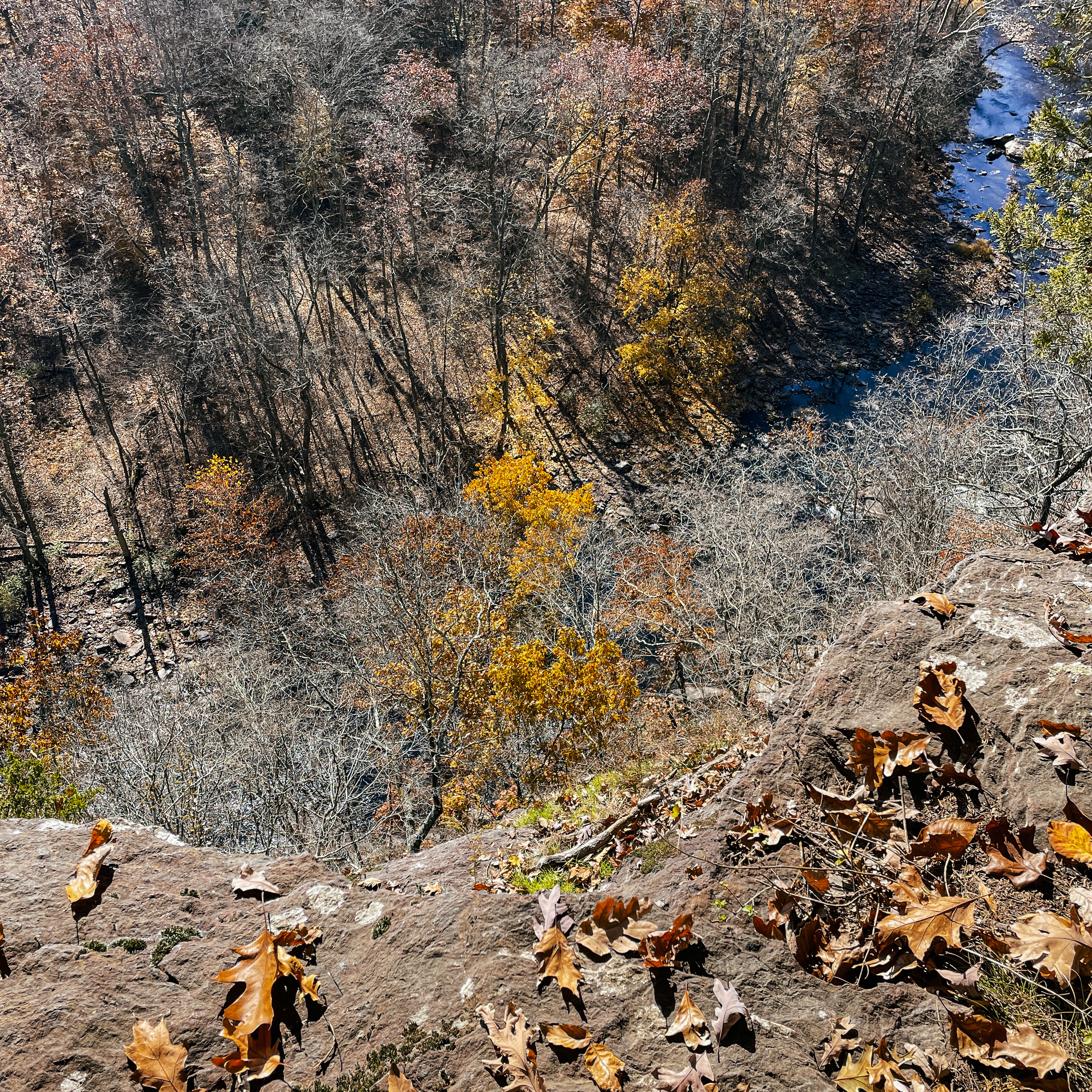
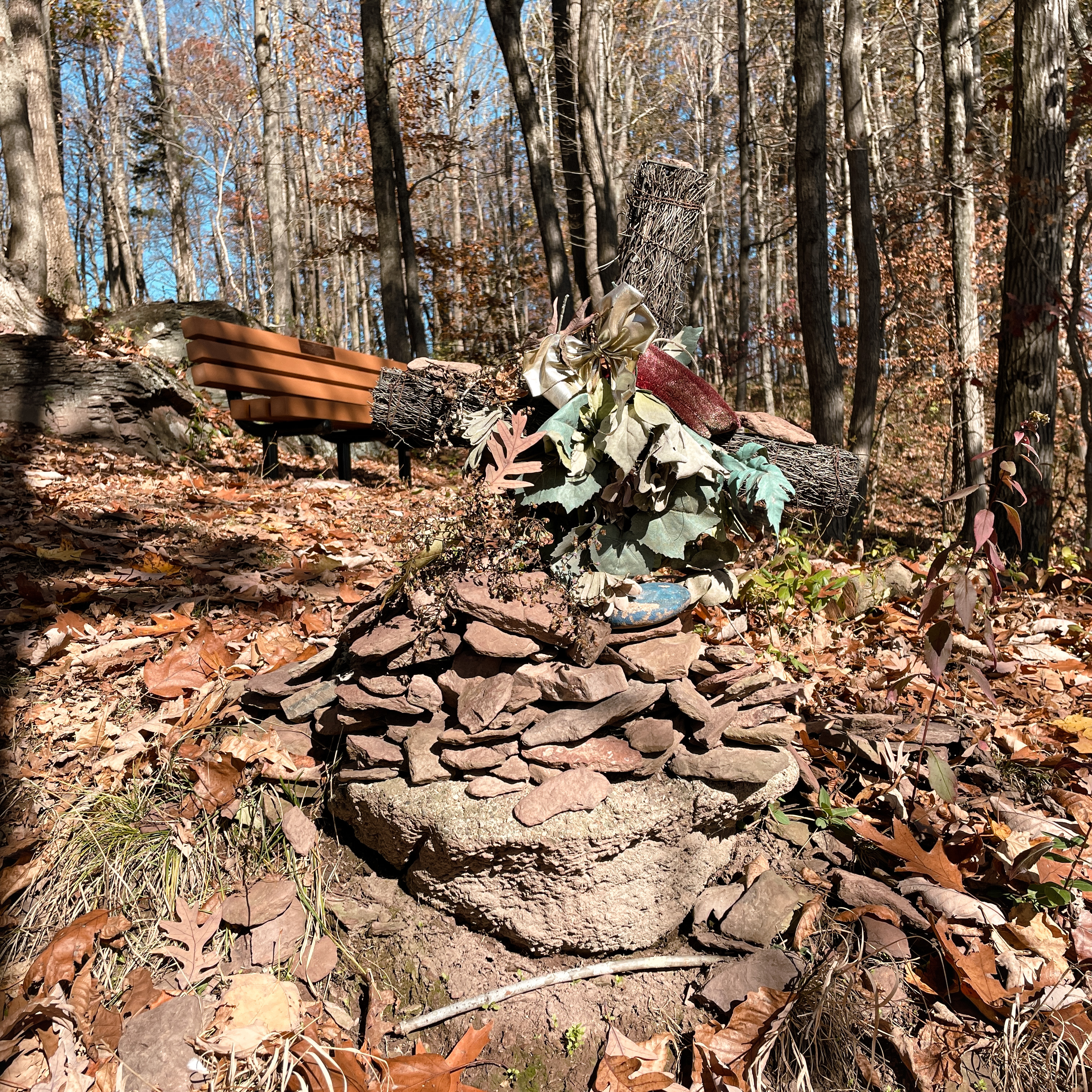
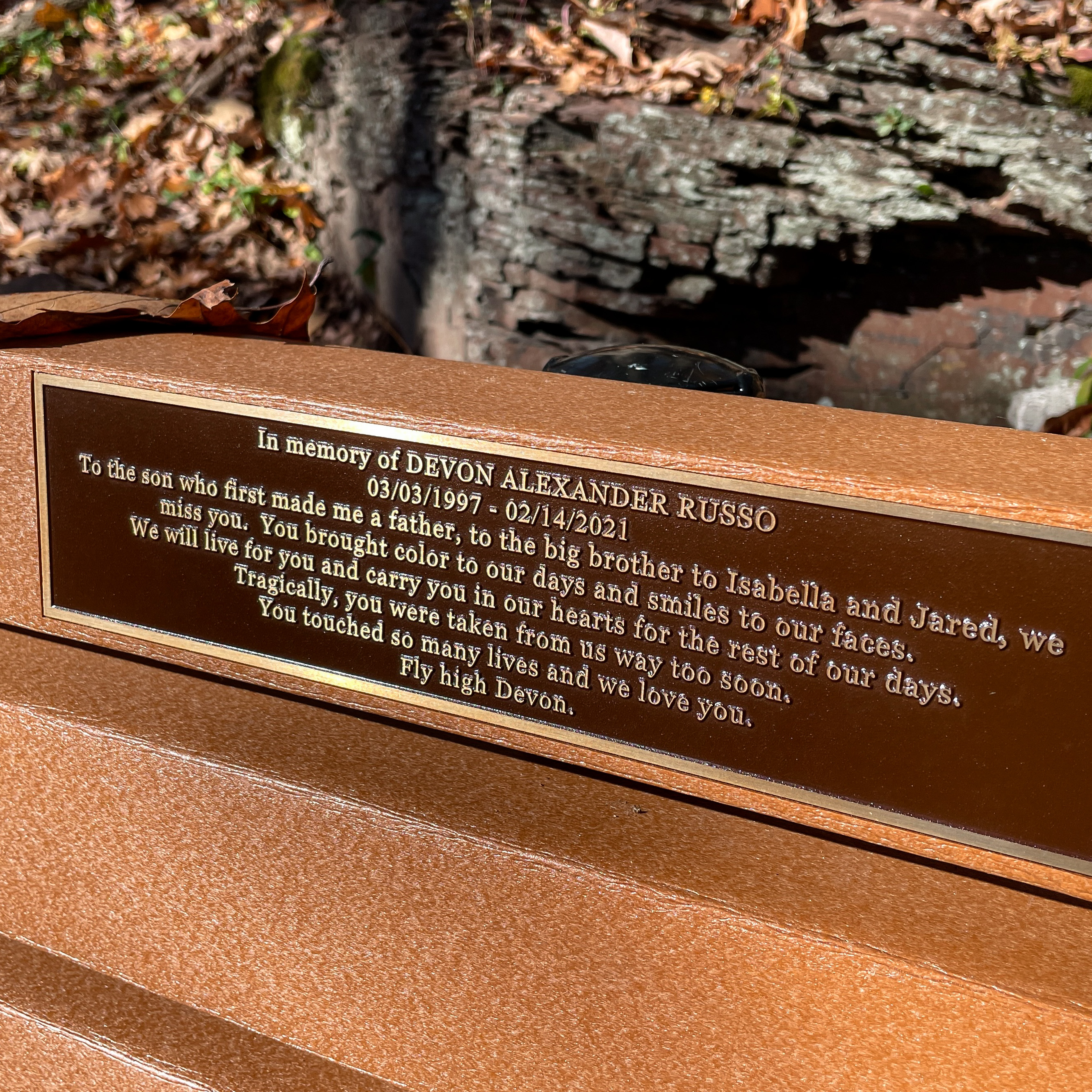
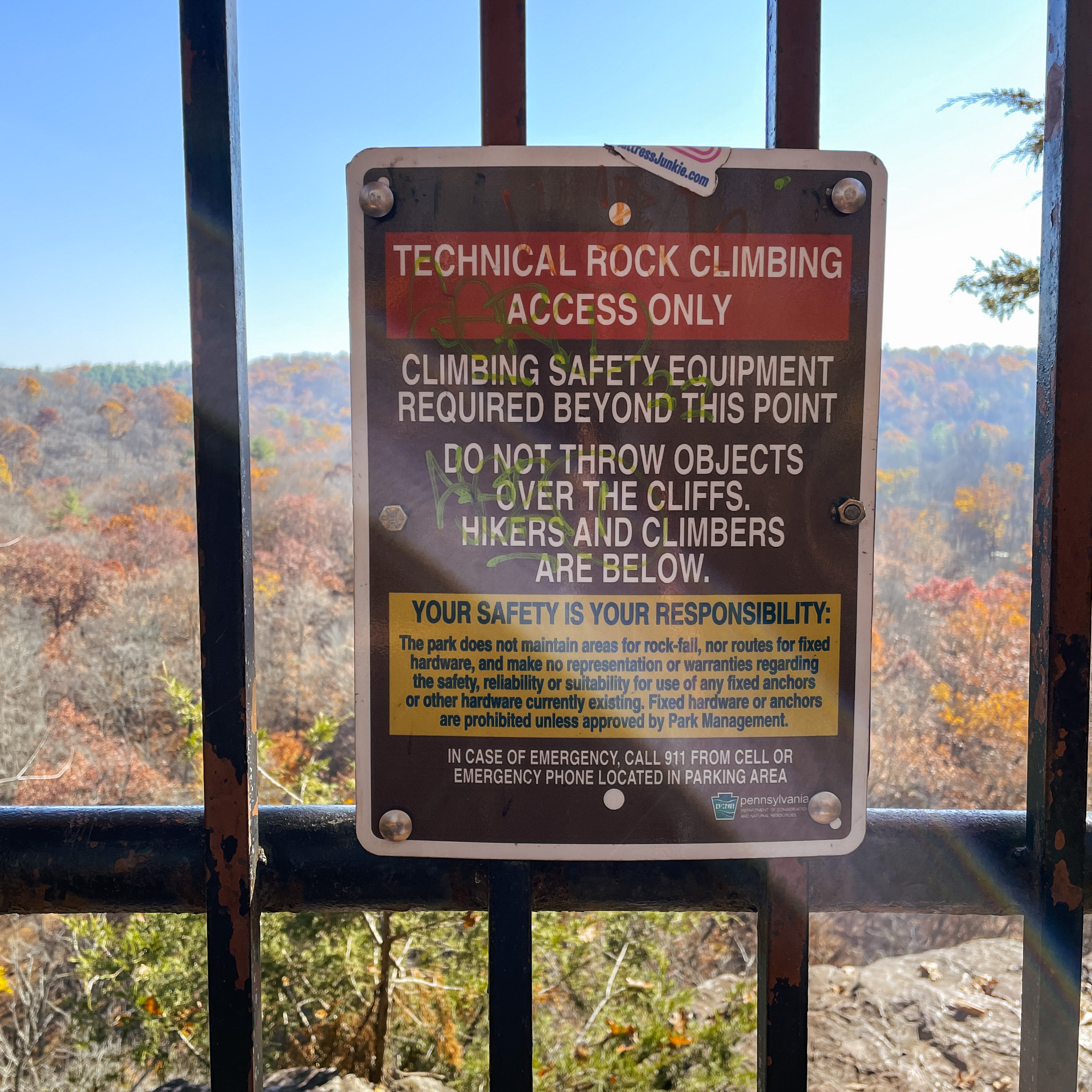
It’s not just that I grew up near a prime climbing spot with hundred-and-fifty-foot shale cliffs. The deaths I recall from my teenage years all came from our roads, with their hairpin curves and blind rises. I can no longer name every high school classmate lost to a car crash before their twenty-first birthday, but I know I could not count them on one hand. The one that hit closest was a coworker and friend in my grade who died the summer after our junior year. She was on her way to summer school because she wanted to graduate with us.
She’s Not Home was born out of a hundred different what-ifs I turned over in my mind in my teens and twenties. I had a sister, sensitive and quiet like Mariana. How would her life have turned out differently — how would she have turned out differently — if something had happened to me? If my absence had loomed larger than my presence ever could have?
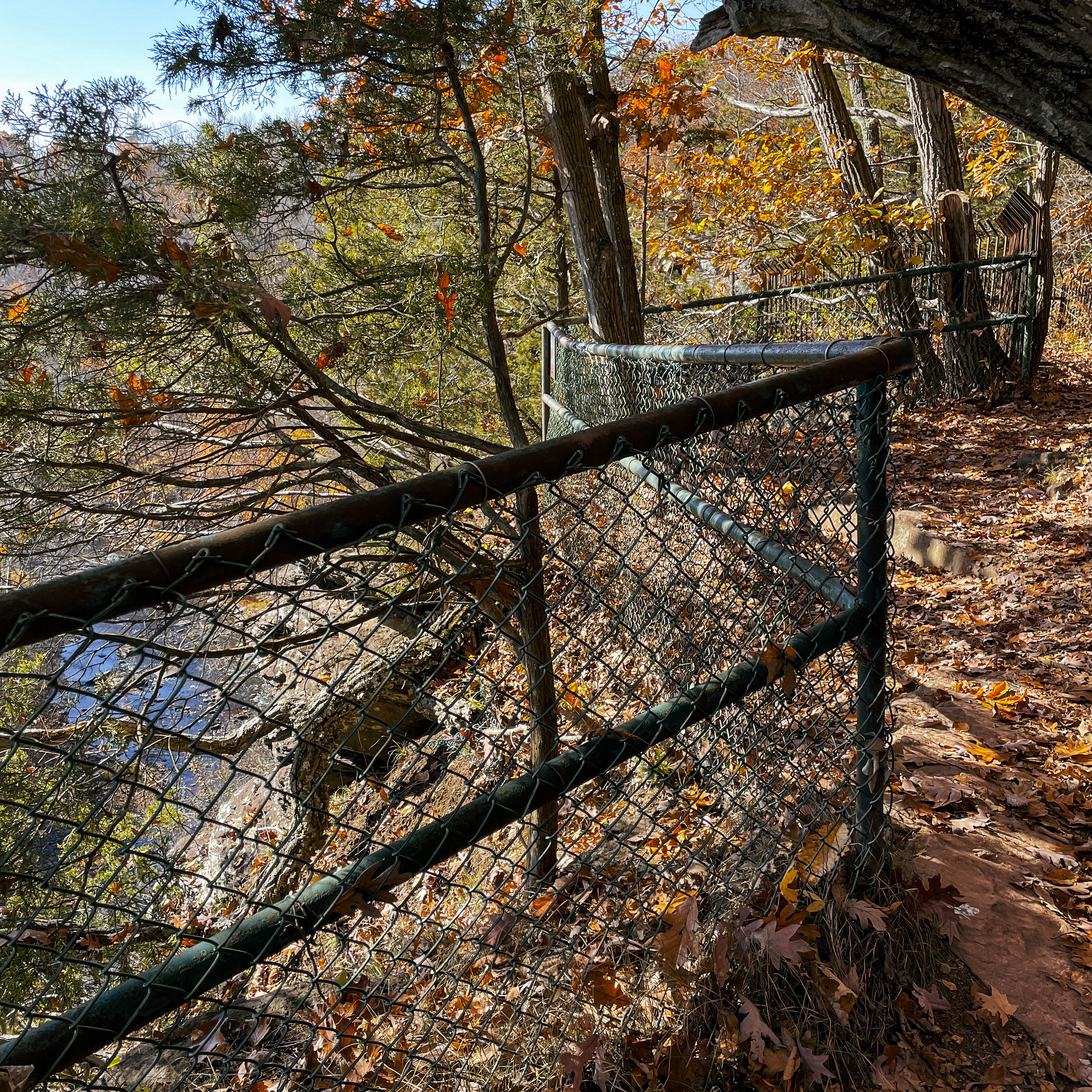
On my way to visit the new bookstore in Frenchtown, I drove through the intersection where another member of our graduating class took his last breath. I was curious if a memorial was still there for him. Indeed, when I pulled up to the stop sign at the river, a beautiful metal cross stood tall opposite the end of the road, just before the canal bank sloped downward. He was still there.
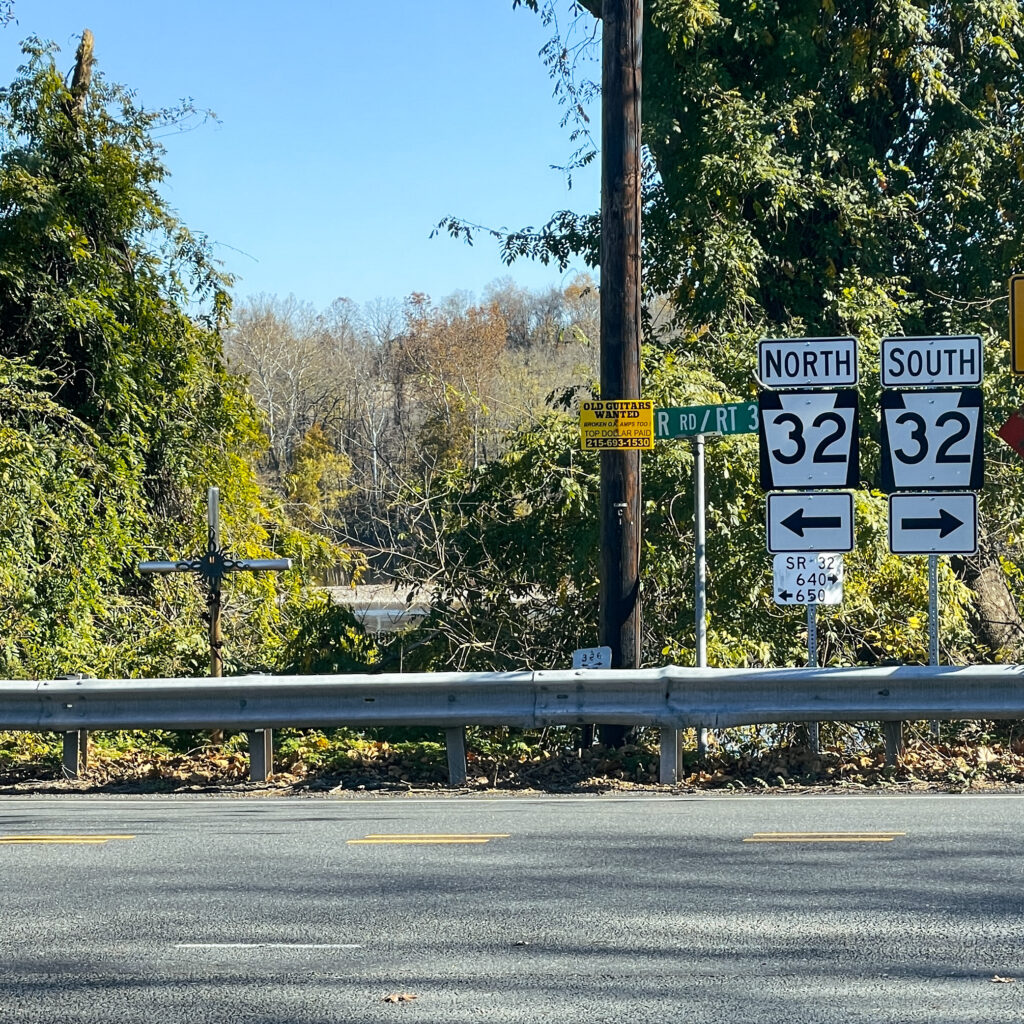
Even having written a book about it, this aspect of my visit still defied comprehension. Do all teenagers grow up surrounded by memorials to those lost? I asked my husband — a true child of the suburbs — and he confirmed for me no, they do not. All teenagers take risks, get their hearts broken, make careless choices and mistakes. Not all of us endure eulogies given by grandparents at our classmates’ funerals. As much as with its stunning natural beauty, my hometown has marked me with this.
A central question many of the characters in She’s Not Home must ask is, how do I live with it? Do I stay among the ghosts, or do I leave them behind? Like me, some of them feel most alive behind the wheel of a car, flying through the landscape, music from a specific album of the moment flooding their ears. (For me: U2’s The Joshua Tree, played through my car’s tape deck. I played it this visit, too, feeling like an anachronism streaming the ritual through my iPhone.) And yet — are these flashes of integration, of aliveness, enough?
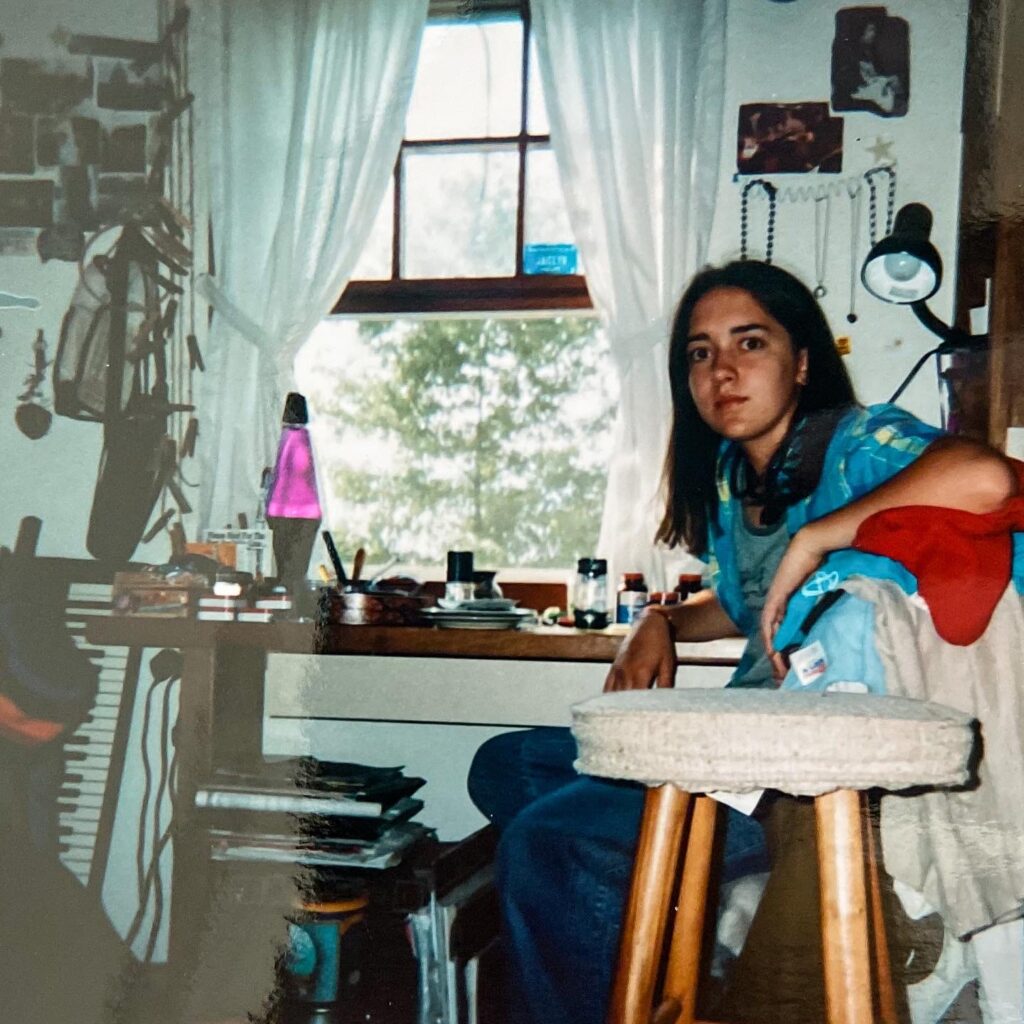
Most people I know set down roots elsewhere, as many elder Millennials from small towns seemed to have done. And yet some still, despite two decades away, refer to it as “home.” On the cusp of my final summer in town (2004), I published the final issue of a zine I’d started in ninth grade. It largely dealt with a heartbreak I could not disentangle from my feelings for home. One one page I quoted the following from Steinbeck:
“I shall tell them this story against the background of the county I grew up in and along the river I know and do not love very much. For I have discovered that there are other rivers…A great many never come to know that there are other rivers.”
John Steinbeck
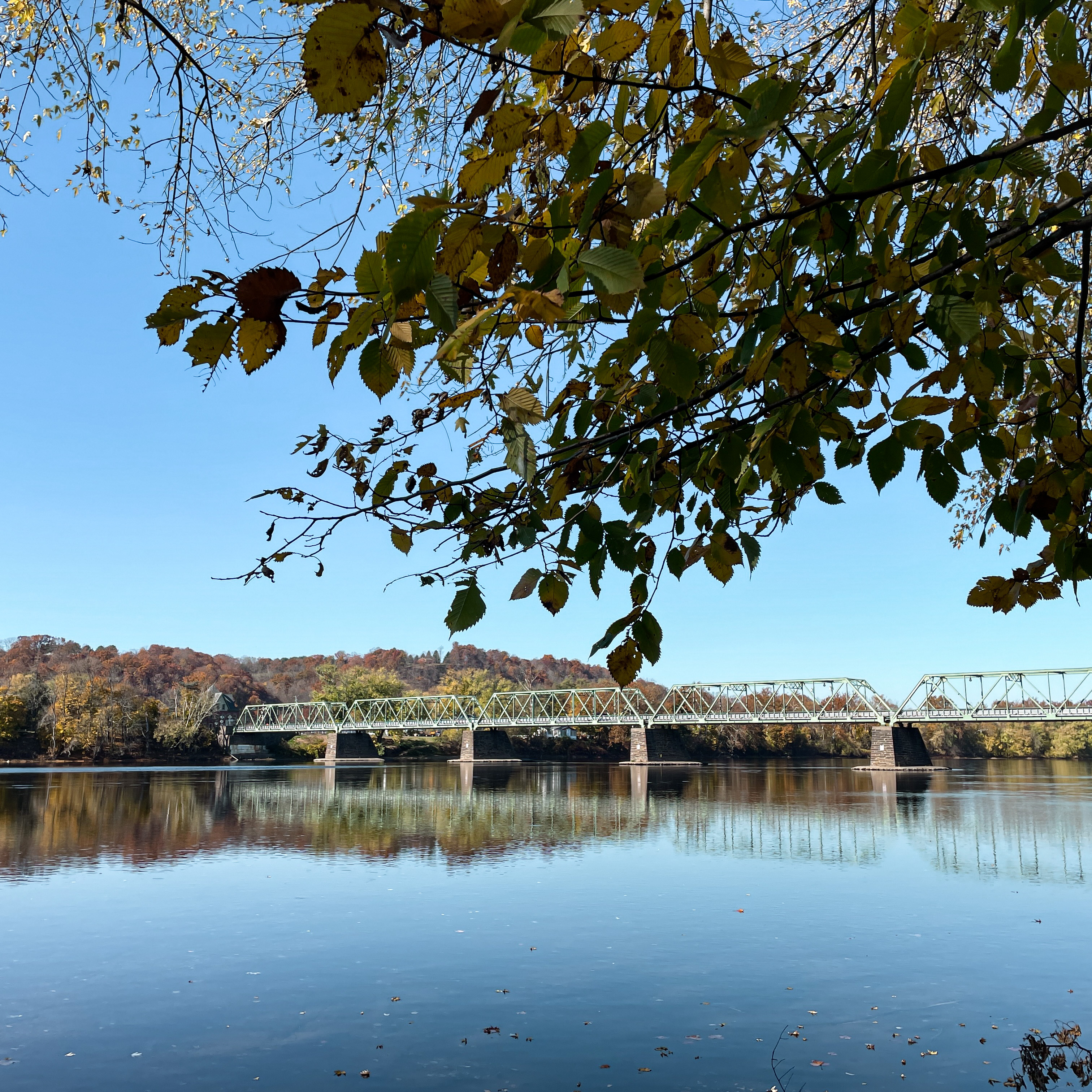
A generation later I can say there may be other rivers, but the river alongside which I grew up maintains a singular place in my heart. And yet there many of my generation deserved and did not get a chance to discover there are other rivers.
As I turned on my left turn signal and bid farewell to my classmate’s memorial along the river, a startling thought occurred to me. I knew that was the intersection. I remembered the photos in the newspaper clear as day. But did I know that was his memorial? The spirit of it evoked a memory of him, and maybe of his sister, too, whom I imagined commissioning it and having it installed, maybe visiting him when she was in town. But that was just my imagining.
For all I knew, with this many years gone, it could have been for someone else. I was driving through my story, but also the entire generation of stories written since.
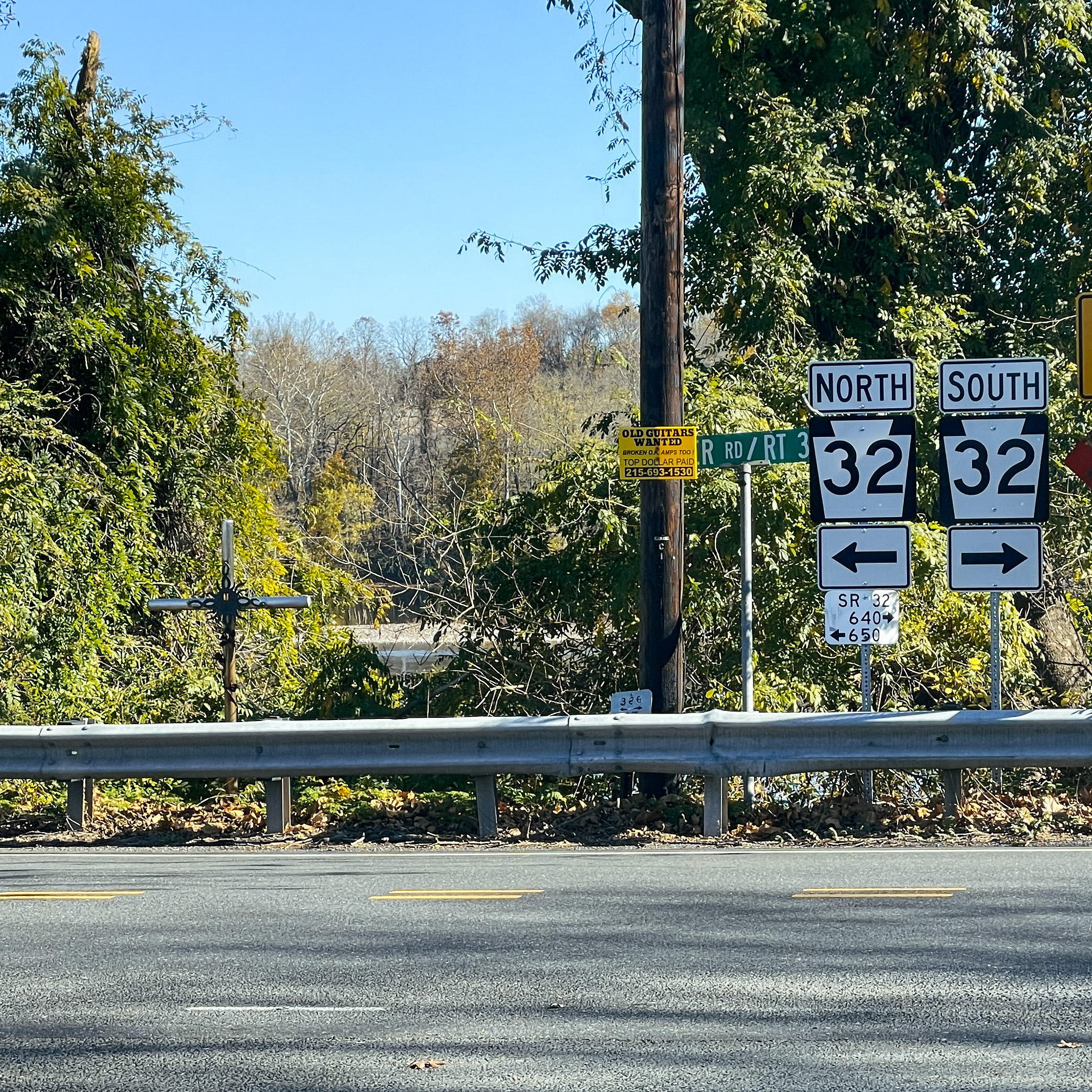
Leave a Reply